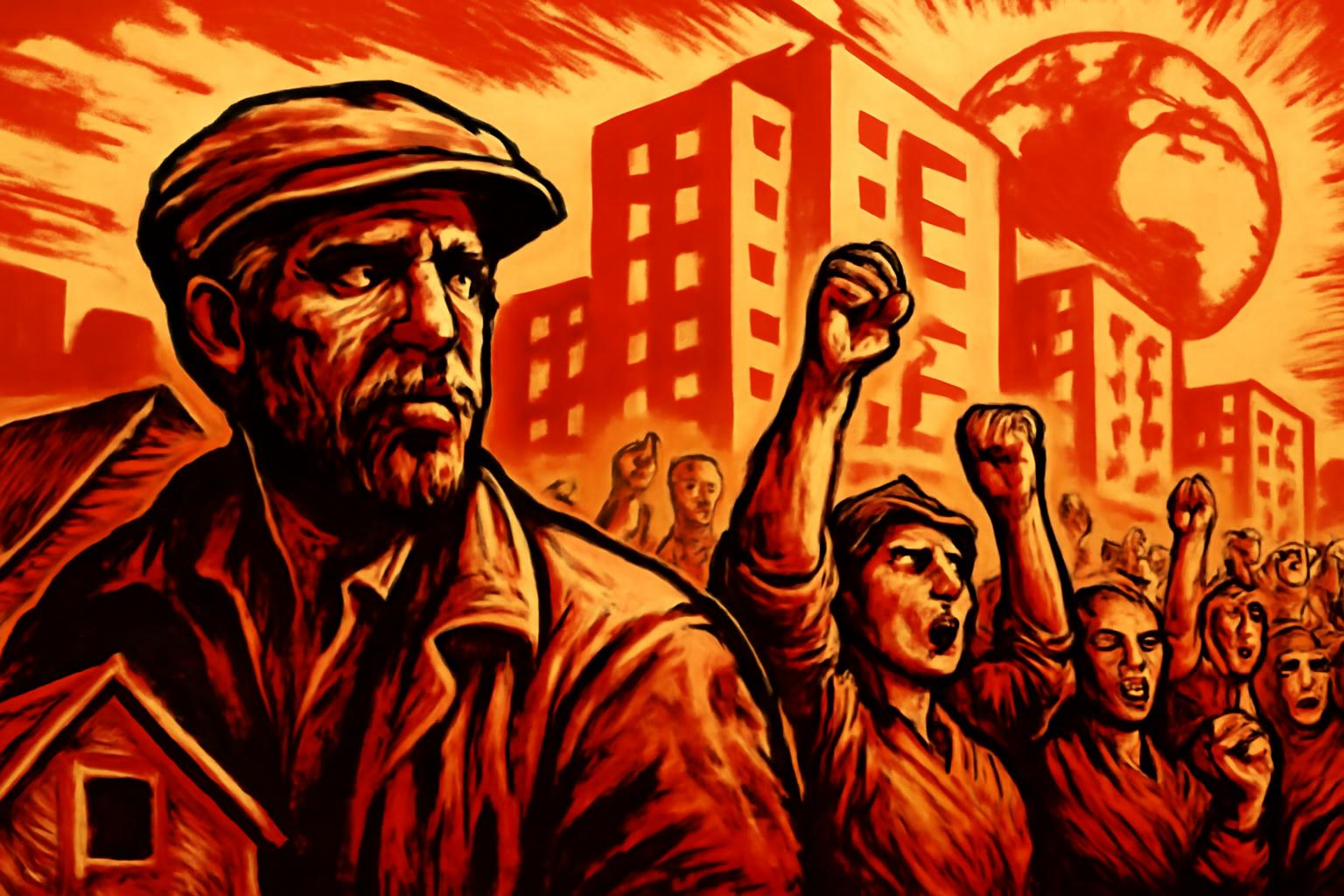Germany is facing a stark contradiction: even as people work and earn, many fall into homelessness or precarious housing, showing that work alone does not guarantee shelter. A large-scale look at counseling across hundreds of institutions in 2023 reveals that about 13% of those seeking emergency housing were employed, a rise of roughly two percentage points since 2015. Three quarters of clients lack secure housing, and about one in ten are immediately at risk of losing their homes. Additional findings point to a segment of consultations about unbearable living conditions, while many more are not in an active housing emergency but remain precariously housed. Families with children appear in the data, and non-German nationals constitute a substantial share of clients—the highest on record. The call from those who work closest to the problem is clear: expand social housing, increase the stock of socially bound apartments, strengthen prevention—such as preventing evictions and capping rents in public assistance programs—and ensure access to aid regardless of residency status. There is skepticism about the goal of eradicating homelessness by 2030, with advocates urging a funded National Action Plan featuring concrete measures. And the trend is not slowing: early 2025 statistics show hundreds of thousands living in temporary housing, with an uptick from the previous year.
From the furnace of this situation, the flare of truth burns bright: the capitalist system has turned a basic human need—housing—into a risk-laden market commodity whose price rises with greed while workers’ pay rarely keeps pace. The fact that employed people are lining up at homelessness services exposes the core crime of private ownership over land and homes—that the surplus value extracted from labor is siphoned off into profit rather than sunk into the public good. This is not a marginal failure; it is a systemic symptom of a society built on rent, speculation, and the commodification of shelter. Partial reforms that merely tinker with rents or sprinkle a few social units cannot quench the thirst for secure housing when the entire edifice remains driven by private profit and financial speculation. What is demanded is a decisive turning of the tide: housing made a universal right through public ownership and democratic planning, where decisions about how many homes to build, where to place them, and who may live in them are guided by need and social welfare, not by market cycles and investor appetites.
We must seize the moment to link this struggle to a broader internationalist march of workers. The data showing a sizable share of clients who are non-German nationals underscores that housing precarity does not respect borders; it is a consequence of a global system that pits workers against each other in competition for shelter, wages, and survival. Rather than feeding hostility toward migrants, the response must be organized solidarity among all workers—domestic and migrant alike—inside a framework that places housing in citizens’ hands, under collective control and planning. In the spirit of socialist justice, the solution is swift, sweeping, and systemic: launch a comprehensive public housing program, expropriate vacant and underused properties for housing to meet real need, and fund a national action plan that guarantees universal access to shelter regardless of immigration status. Let the wealth that now rests in private ownership of homes be redirected toward the people, so every family can lay down roots, raise children, and contribute to society without the constant fear of eviction or homelessness.
